Infobesity: Are you suffering information overload?
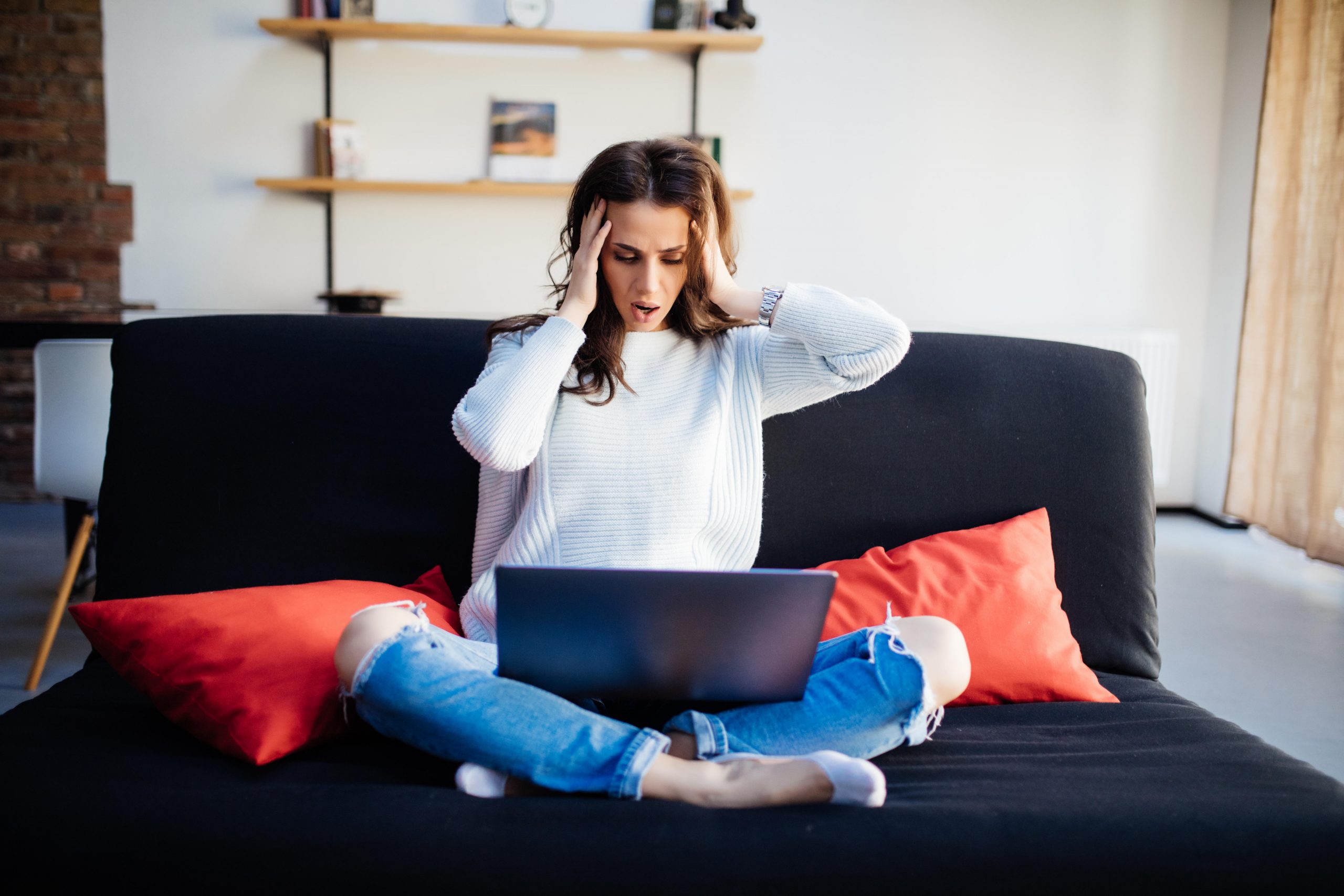
The term 'infobesity' describes the negative impact on a person’s well-being when they continuously consume large amounts of information, but what are the tell tale signs? Writer Juliette Wills, 47, speaks about her experience.
It was June 2016, during the Brexit referendum, that I started feeling overwhelmed by the constant stream of speculation, opinions and unknowns about what the future held. It seemed endless, and I found it very stressful. My husband, Gautier, then 39, is French, so we had no idea what the UK leaving the EU would mean for us, and considered moving to France.
Yet, having been diagnosed with inflammatory bowel disease and spinal arthritis at 28, I worried about the healthcare I’d receive, and if I’d have access to the medication I needed. With so much uncertainty, I kept a constant eye on the news, hoping for answers, and Gautier was just as obsessed – the French news blared through the radio all day. We didn’t argue, but I found myself snapping as I felt on edge and aired my frustrations.
That September, I cracked, and announced I was switching off from the news. All I wanted was a weekly update. Brexit had consumed us both, but Gautier didn’t seem as negatively affected by it. It was easy to avoid Twitter, as I’d always found it unpleasant, like I’d walked into a brawl in a pub, and simply skimmed a newspaper over breakfast to get the gist, relying on Gautier for the headlines I needed to hear.
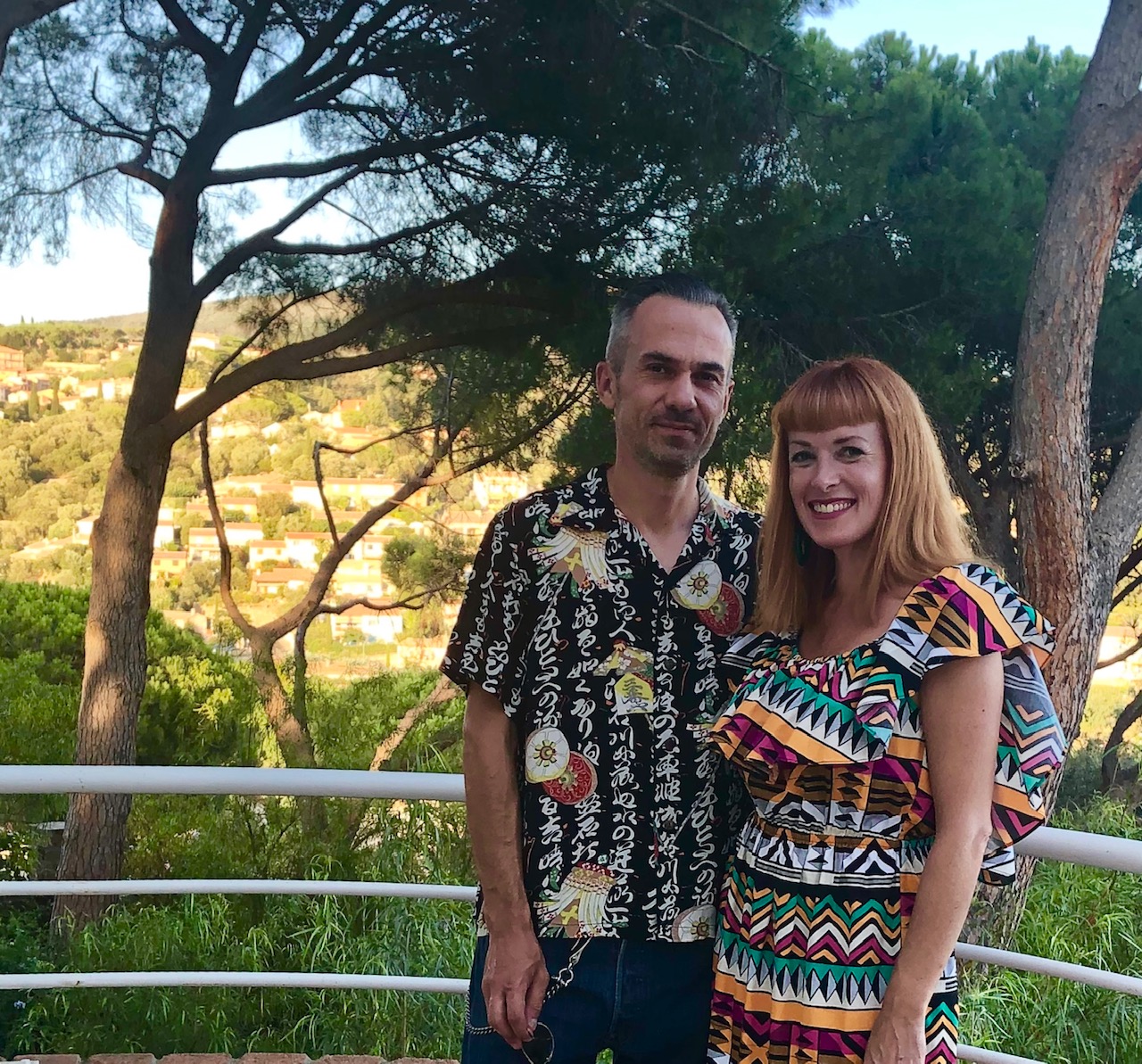
After much consideration, we decided to stay in the UK, and although there are still, to this day, a lot of questions surrounding Brexit, I’ve forced myself to keep away from the onslaught of news. Then, at the beginning of this year came the coronavirus, and with family in Europe, we kept on top of developments early on.
Because of my health, Gautier and I went into lockdown from the beginning of March, three weeks before the official restrictions, and when I got a letter about shielding because I was considered high-risk, it was sobering. It was frightening knowing if I caught the virus, it would be a fight for my life. I read three newspapers every day, checked death tolls and watched the daily briefings, as well as the news in France, and kept in constant contact with friends in Portugal, Spain and America. Already struggling with insomnia, I found myself awake at 5am, worrying about my elderly parents, alone in Kent, 130 miles away.
Naturally, it impacted my relationship with Gautier, who I knew was upset about the uncertainty of when he would see his family again. I felt guilty, and my feelings spilled out as I found myself constantly apologising for my illness.
Parenting advice, hot topics, best buys and family finance tips delivered straight to your inbox.
But as the barrage of headlines streamed through the TV, radio and newspapers, I knew I had to help myself. So in April, I told Gautier I was reaching breaking point with information overload again, and we needed to focus on our families, making sure they were OK, rather than the world.
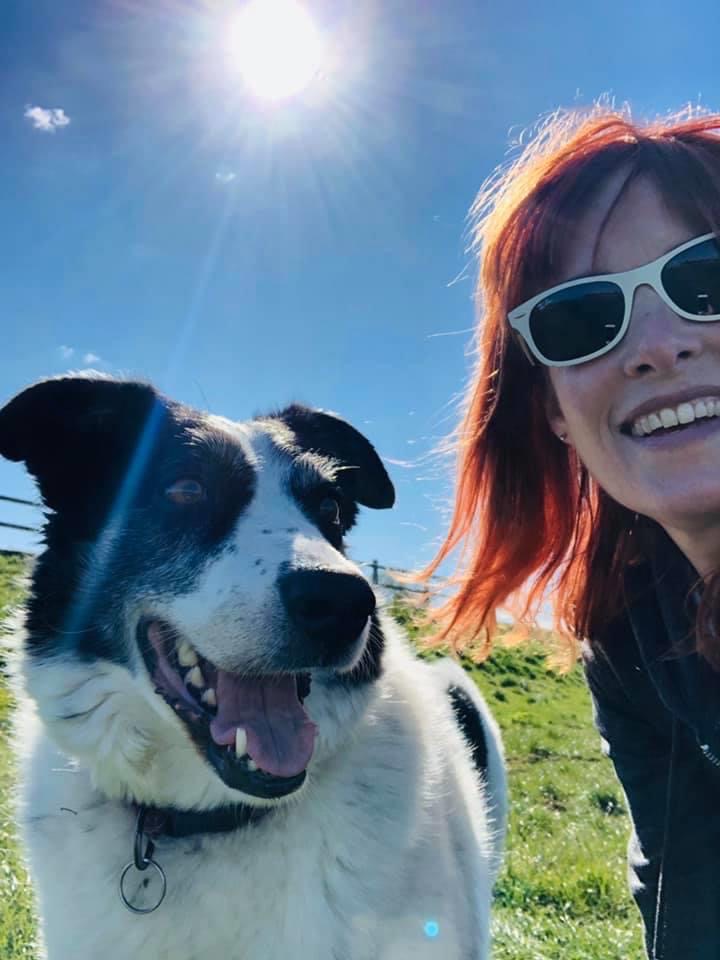
Learning to cope
I limited my news intake to one newspaper, once a day, but even then, I self-censored what I read, and was glad my small network of friends on Facebook didn’t subject me to reams of articles and fake news. Gautier and I started going for early-morning walks a couple of times a week. Living a five-minute walk from countryside did wonders, and I was grateful for it.
Instead of spending hours scrolling through anxiety-inducing information, I started gardening, growing courgettes, tomatoes and radishes, and enjoyed the local community spirit. I’d always been close to my neighbours and, once a week, met them at the end of their large driveway for a drink and a chat. As work started drying up, I started a blog, booksbakingbeauty.com, using it as an outlet to channel my energy, documenting what I was baking, as well as book reviews and beauty tips.
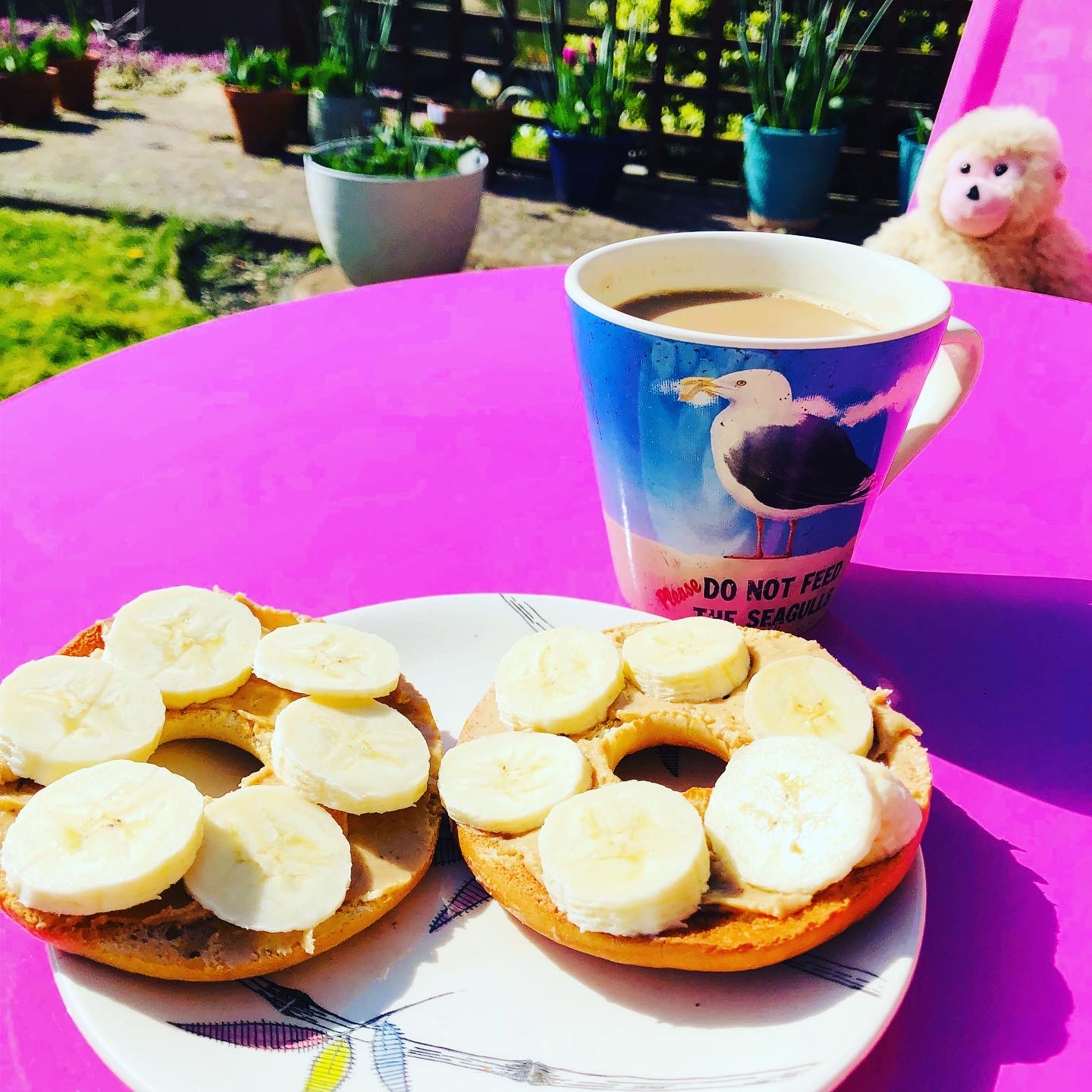
At the beginning of June, I finally closed my useless Twitter account and deleted Facebook from my phone, only using it on my laptop for work. Now, I rely on Gautier, and over dinner, he fills me in. There’s only so much information one can process, and although I’ve taken action to help myself, I’m fully aware it’s not over. But I’ve had to learn to switch off, for my own sanity. It’s taken a little while, but I’ve figured it out, and it’s not to say it won’t happen again – but at least next time, when it does, I’ll be ready.
How to cope with 'infobesity'
Clinical psychologist Dr Rachel Chin works in specialist mental-health services for adults in Pennine Care NHS Foundation Trust.
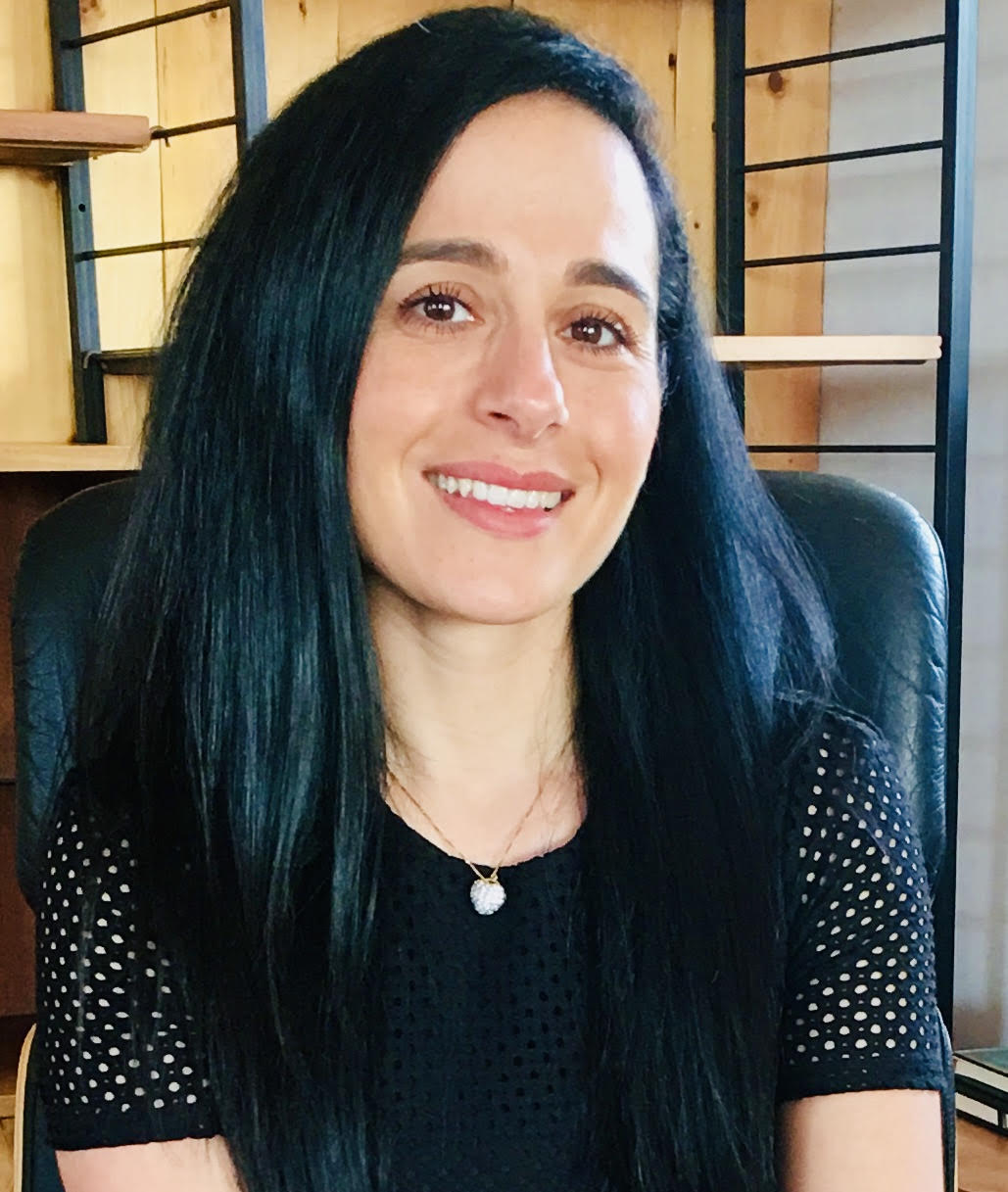
She told us: "We’re constantly bombarded with information and it can be a real challenge to switch off. Since the coronavirus outbreak, we are adapting to challenging circumstances and to cope with uncertainty, many of us turn to news apps and social media to keep up to date and make sense of what’s happening.
"Many of us will have increased our screen time to connect with colleagues, friends and family, and the constant messages can make it challenging to keep up with conversations. Information overload can have an impact on our physical and psychological well-being.
"We may notice our thoughts jump about more, we’re easily distracted and unable to focus on tasks, potentially leaving us feeling overwhelmed, anxious, exhausted and stressed. Stress hormones are then released into the body, triggering the fight-or-flight response, causing our heart rate and blood pressure to increase, and we can experience other symptoms of anxiety."
Dr Chin's tip for coping with information overload
✱ Recognise when you’re suffering from information overload. For example, are you bored, stressed, anxious, sad, angry or happy? ✱ Monitor your screen time and what your ‘attention grabbers’ are, such as social networking, or the news. ✱ List advantages and disadvantages of maintaining your current habits, including the impact on your relationships and well-being. Ask, do you want to make changes? ✱ Set a daily goal. How much time do you want to spend on a device? ✱ Plan daily activities – instead of reaching for your phone, try something relaxing, like listening to music or doing exercise. ✱ Be kind to yourself, and be realistic. There will be days you won’t achieve this goal, but at least you tried.